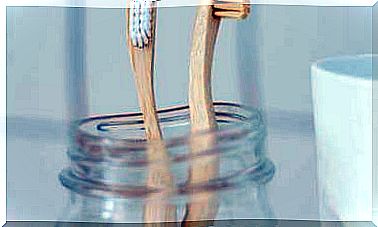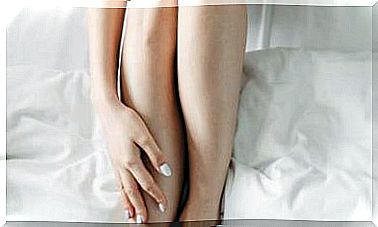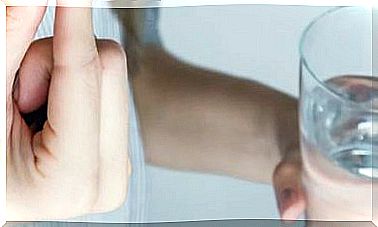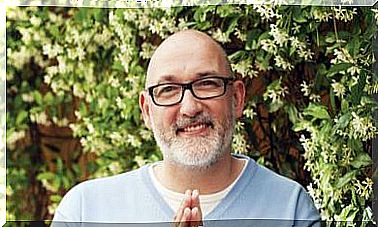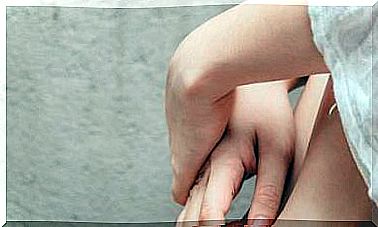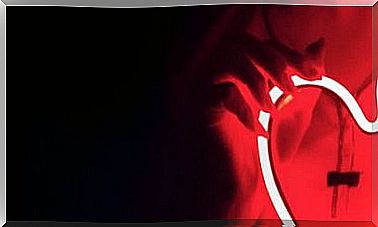What Can You Do If You Suffer From Cardiac Arrhythmias? Natural Solutions
When the heart pops or loses the beat, there are simple solutions without side effects that help improve the problem.

One of the things that sometimes scares the most is feeling your heart and feeling that the rhythm is altered or uneven. Most palpitations or small arrhythmias will be benign and of no consequence, but others will hide a more serious heart problem.
The sensation of each one and the electrocardiogram in the emergency room will serve to rule out severity.
Whether they are slow (bradycardia), rapid (tachycardia) or irregular, it is important to assess arrhythmias and treat them when necessary, both to compensate for them and to avoid complications in the future.
In arrhythmias that require treatment, amiodarone, sotalol, and beta-adrenergic drugs continue to be used, despite data that question the use of these drugs.
With the emergence of new methods, treatment in severe cases is shifting to implantation of defibrillators and pacemakers, or ablation.
The medical literature shows a great dispute between those who recommend the defibrillator or the drugs, and there are those who do not recommend either.
Ablation is a new surgery and it is not quite ready to be a first option. It is used in patients willing to take the greatest risk, generally young and with very well-structured hearts.
Simple solutions to prevent arrhythmias
When there are doubts about large and expensive treatments, there are some basic recommendations that help in the treatment and in the maintenance of the quality of life.
• Eat slowly and avoid foods that are difficult to digest or very flatulent. Avoid filling your stomach completely when eating. A large meal, by distending the stomach, can stimulate the afferent vagal nerves, which can promote atrial fibrillation.
• Practice relaxation as it seems to have a positive effect on arrhythmias.
• Do aerobic exercise regularly because it increases the amplitude of the normal heart rate, thereby decreasing the risk of sudden death and the potential for atrial arrhythmias. It also modulates other rhythm disturbances, such as sinus tachycardia. The main recommendation would be to control that the pulsations do not rise too high.
4 aids to relieve a tachycardia
When you are already suffering from a tachycardia there are 4 aids that can alleviate it.
1. Observe your breathing
Being aware of it not only calms but also enhances the natural breathing with which the body responds to stop the tachycardia.
2. Hold the air
Notice how you catch the air and then hold it. If you lengthen the retention (as in the kumbakha technique of yoga), you will stimulate the vagus nerve, which will slow down the heartbeat.
3. Swallow
Each time you swallow, you also stimulate the vagus nerve. You can get a glass of water and concentrate on drinking it in small sips, swallowing hard.
4. Take an infusion
Take a cup of motherwort, hawthorn and angelica infusion (one teaspoon of the mixture in equal parts). Take the opportunity to drink it by swallowing well in small sips. This infusion can also be taken preventively. Its effectiveness is based on the action of the flavonoids of hawthorn ( Craetus monogyna ) that regulate the heart rate.
Ginkgo is another useful preventive plant because it improves microcirculation in the brain and heart. Take an infusion a day.
Keep in mind that many of the original antiarrhythmic drugs were derived from plants. Today some doctors consider various plants useful for treating ventricular and supraventricular arrhythmias.
What you should remove
• Alcohol is one of the main triggers for atrial fibrillation and ventricular ectopy.
• Caffeine is usually another trigger for extrasystoles, but not necessarily for atrial fibrillation. In addition to coffee and cola beverages, it is found in tea, although in smaller quantities.
• Foods that give you allergies can cause a reaction that causes palpitations.
• Trans fats, found in industrial pastries, fried foods, reheated or pasteurized fats, have been linked to increased cardiac arrest in people with arrhythmias.
• The nicotine in tobacco, especially when combined with alcohol, increases the chances of an arrhythmia being triggered.


